
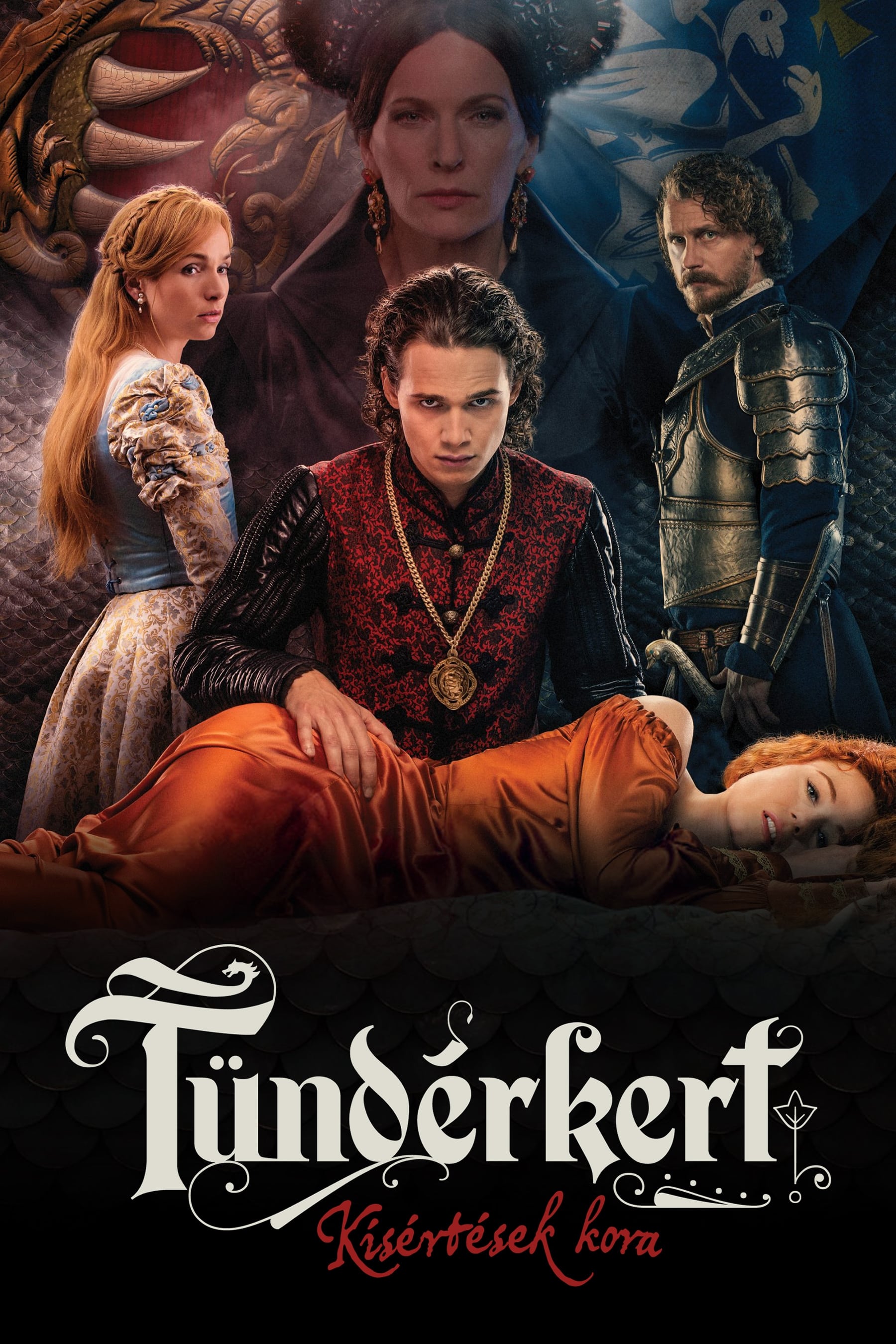
Gábor Báthory was the ruler of Principality of Transylvania from 1608 to 1613. The infamous Elisabeth Báthory was his relative. The young Báthory is daring handsome and the idol of women, and triumphantly acquires the throne of Transylvania. The young ruler is the hope of the Transylvanian people, who have long suffered from wars. However, the ambitious Báthory pursues glory. He turns into a deranged tyrant, his best friend, the wise Gábor Bethlen, also becomes his mortal enemy and infuriates the neighboring great powers. Huge armies of the Ottomans, Wallachians, Poles, Hungarians and Cossacks attack Transylvania because of Báthory's adventurism.
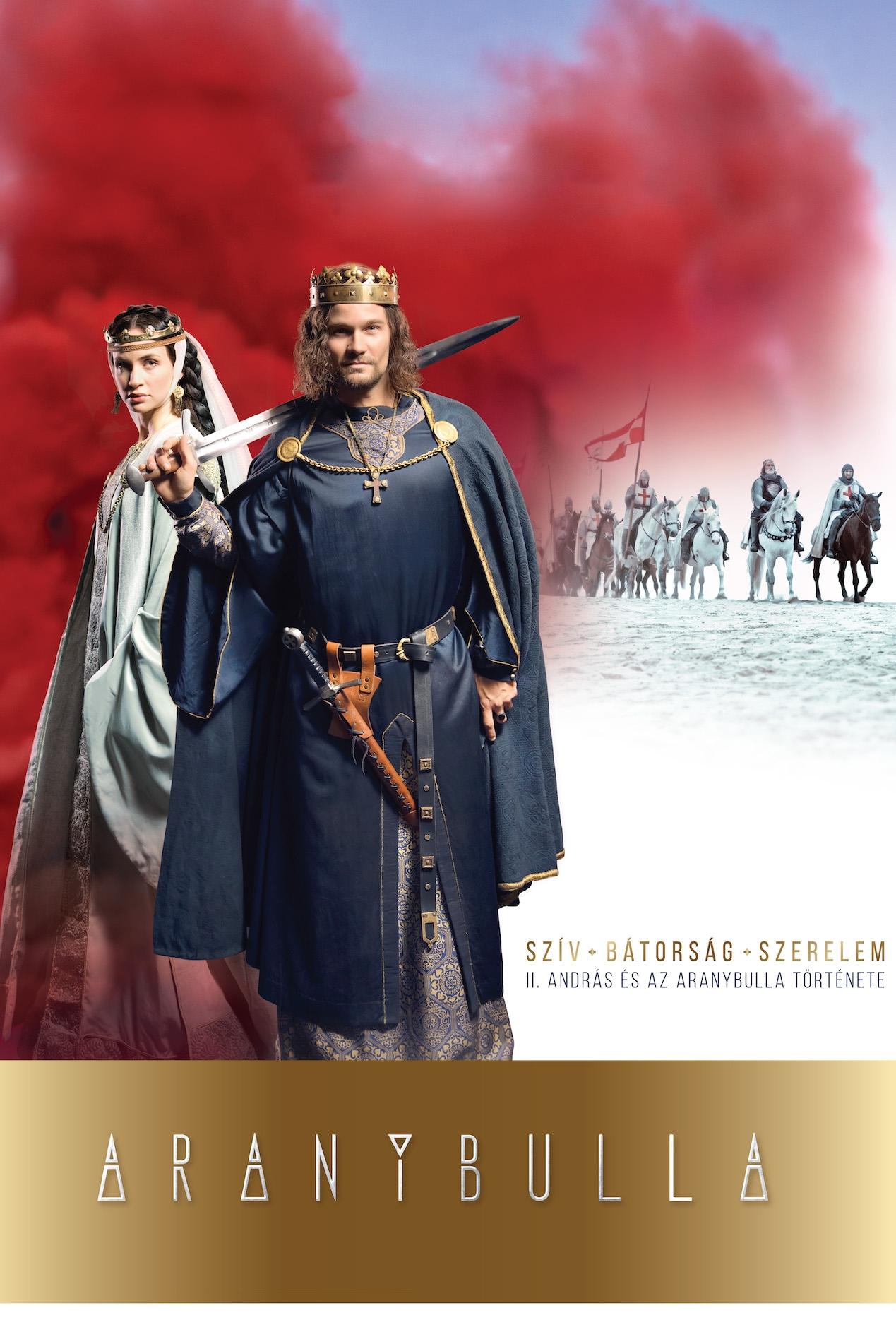

A hardcore soccer ultra, Gyula, and his wife, Mariann, long for a baby. But it turns out that Gyula is sterile and when their plans to adopt also go up in smoke, Mariann does a deal behind her husband's back: they will take in the soon to be born child of a young Roma woman. The ensuing state of affairs turns all of their lives upside down. While Gyula has to continually hide the truth from his racist friends, surprises await him in his private life, and when Cupid's arrow strikes him from the most unexpected direction, he is faced with both comical situations and acute moral dilemmas.
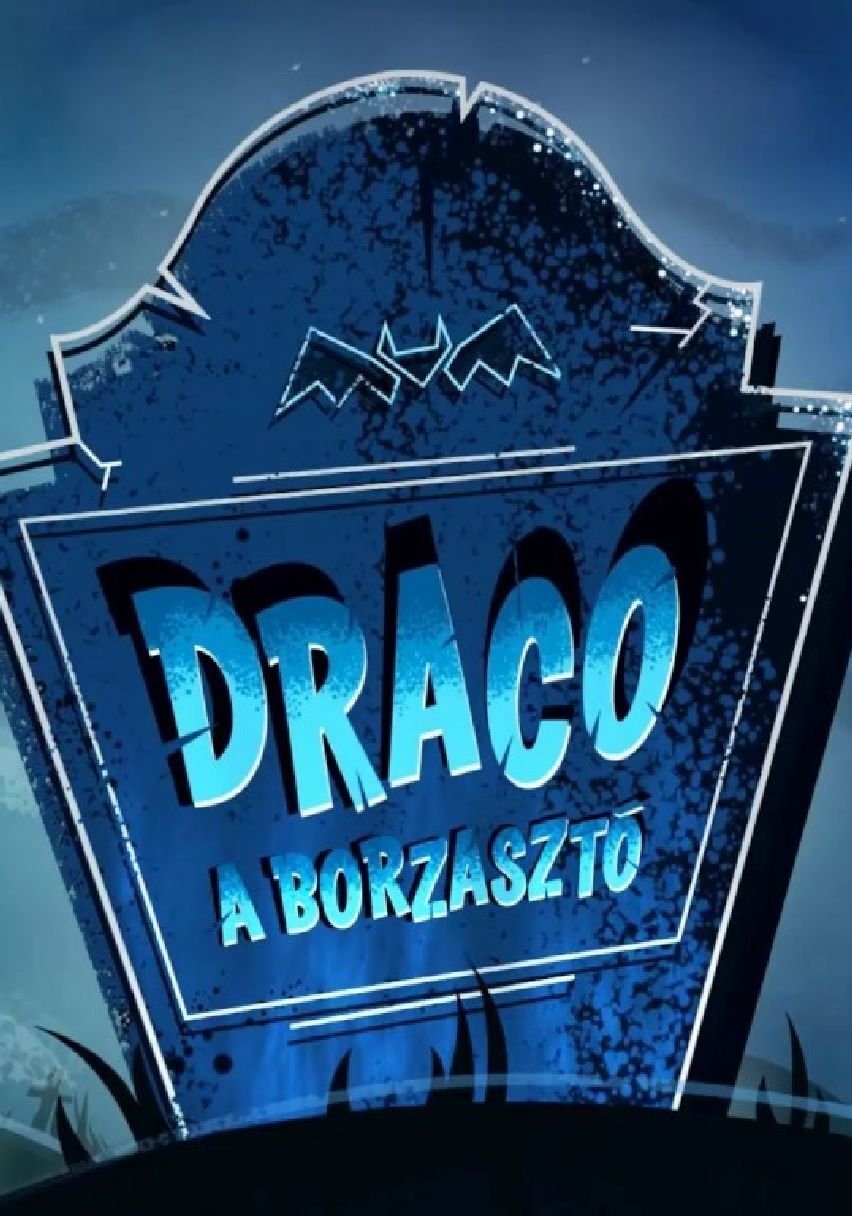

After her husband is assassinated, housewife Nóra reluctantly has to take charge of the criminal business of her family.
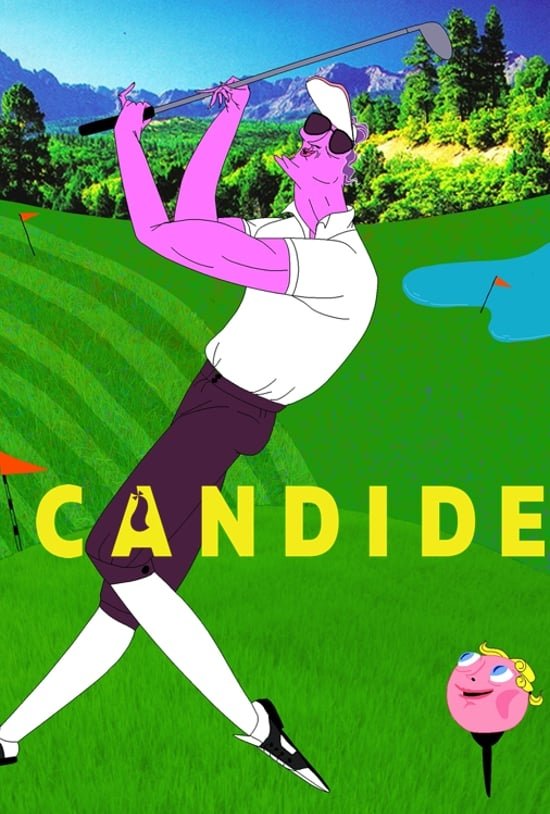
As a free adaptation of Voltaire's classic, our Candide tries to win the beloved Cunégonde's heart in different contemporary settings. In the 13 episodes he finds himself in challanging situations, and has to face the cruelty of the world. He follows Master Pangloss's instructions to always stay optimistic, while travelling the world from a Californian start up company through North-Optimistan into deep space. As the novel itself our adaptation is a political and religious satire of our times.

As a free adaptation of Voltaire's classic, our Candide tries to win the beloved Cunégonde's heart in different contemporary settings. In the 13 episodes he finds himself in challanging situations, and has to face the cruelty of the world. He follows Master Pangloss's instructions to always stay optimistic, while travelling the world from a Californian start up company through North-Optimistan into deep space. As the novel itself our adaptation is a political and religious satire of our times.
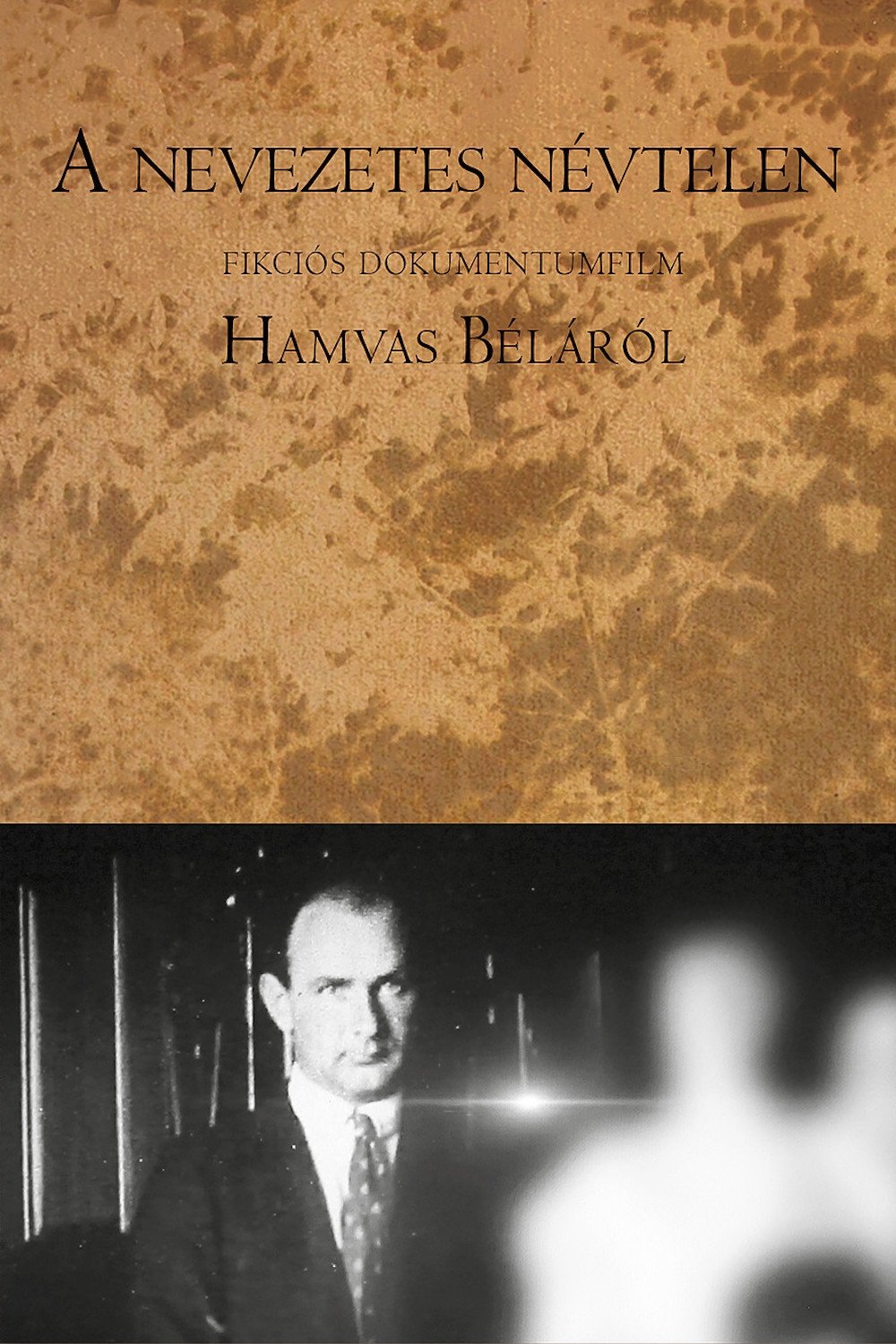
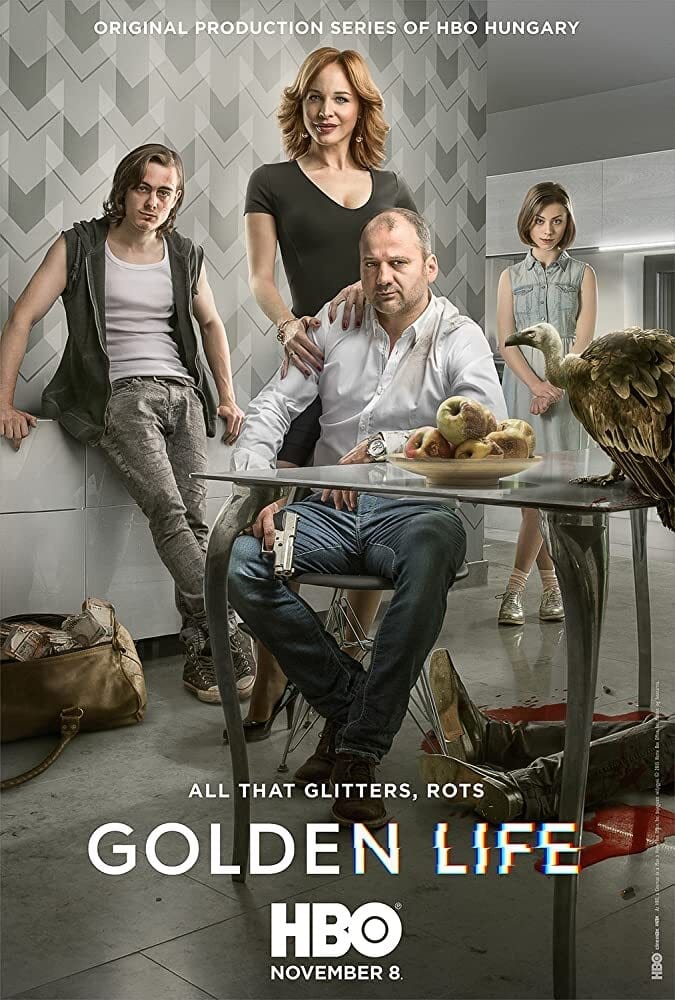
Shamed by his father's dying words, con man Attila Miklosi tries to go straight but eventually succumbs to pressure from his demanding wife Janka and his boss, Endre Hollos, and returns to his life of crime. When his son tries to follow him into the criminal underworld, Attila questions if he will be able to shield the boy.
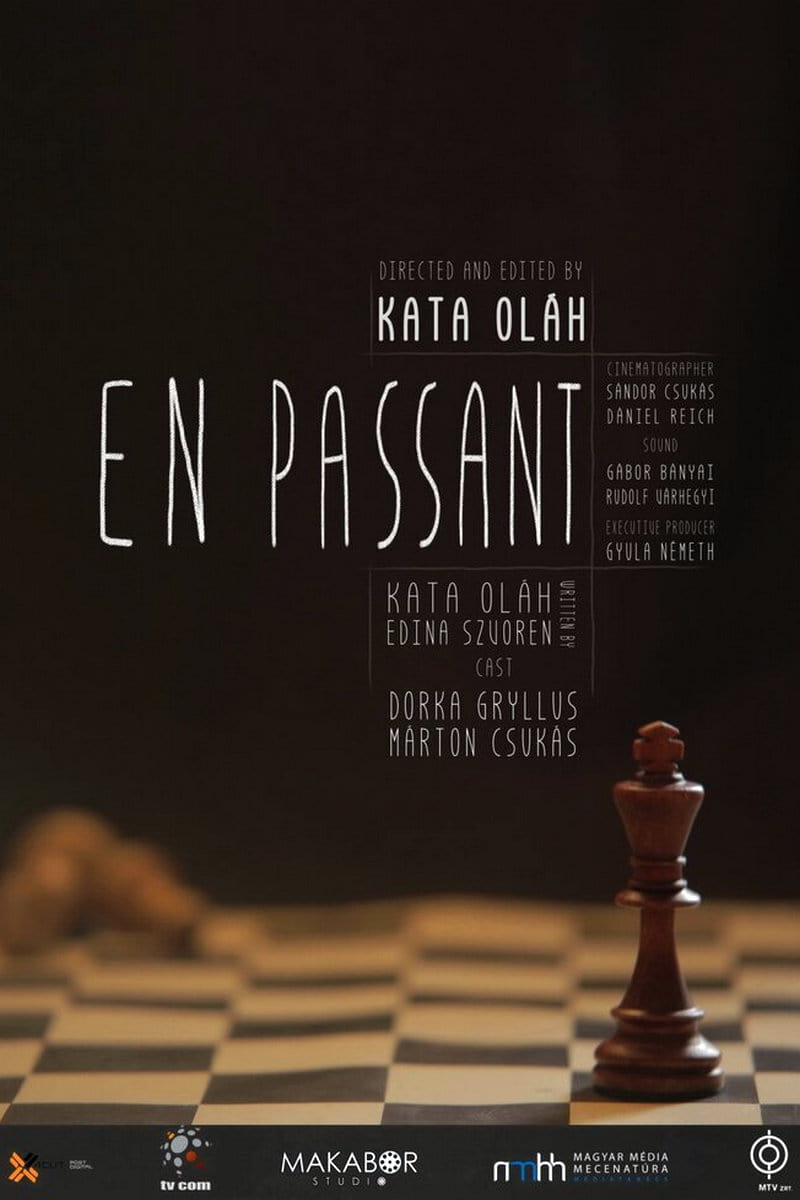
Andor is a young chess player, who even calls his pet turtle Kasparov. “Do you think I will succeed? - the boy asks her before the decisive tournament. "If I win, he will never come back." Who is Andor talking about and why is he either afraid of this return, or wants it?
By browsing this website, you accept our cookies policy.